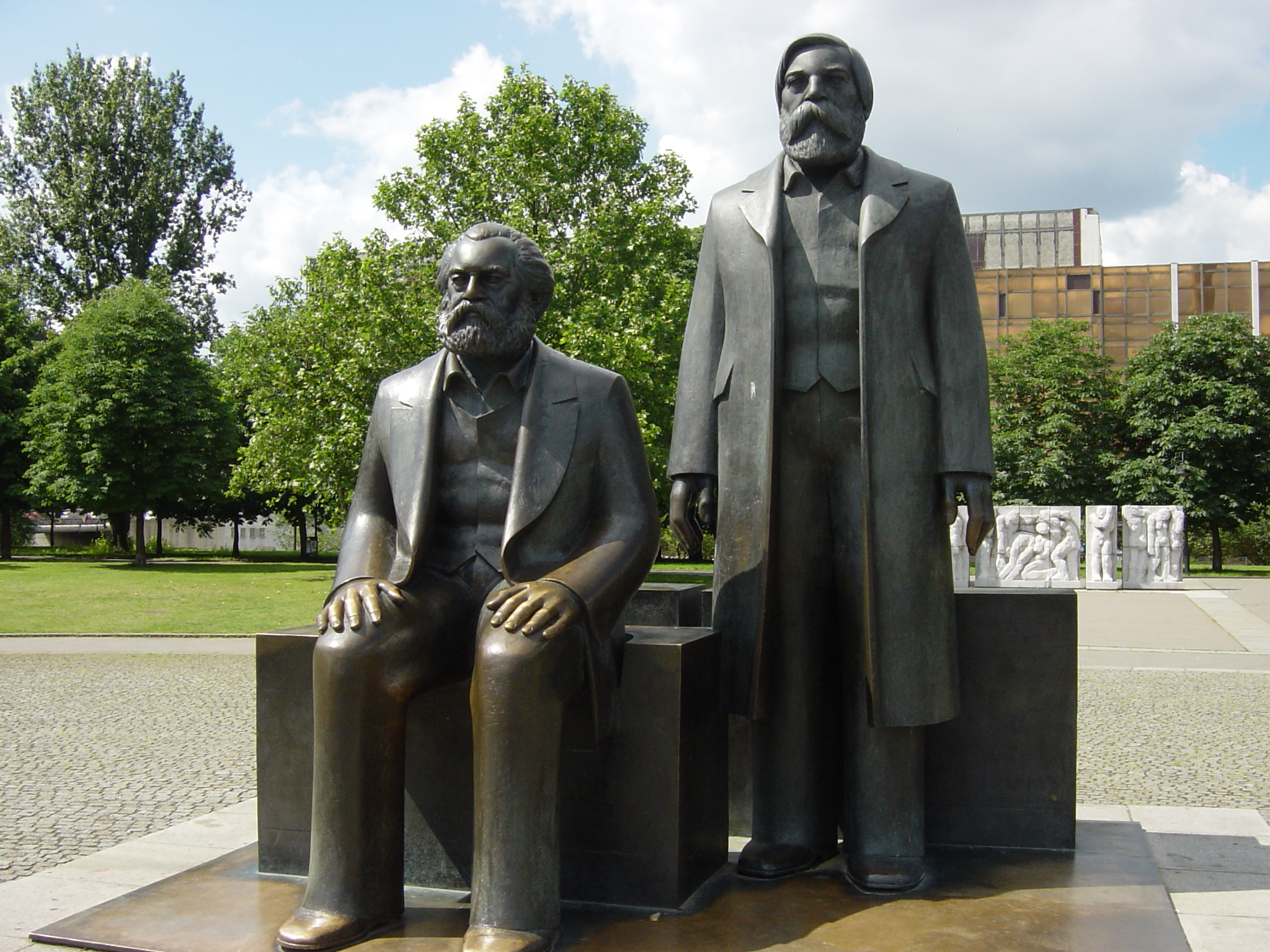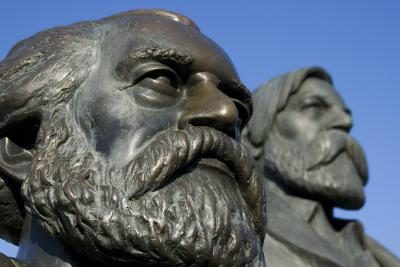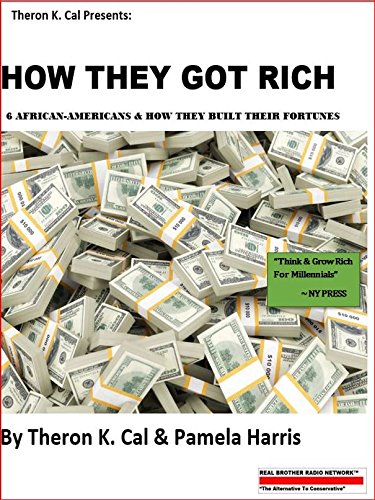
In classic Marxist theory, Communism is the final stage of the evolution of human socioeconomic relations. In the Marxist model, the feudal state is overthrown by the rise of the bourgeoisie, ushering in the capitalist epoch. Capitalism is then overthrown by the rise of the proletariat, which ushers in not communism, but the Socialist state. Each previous step is the necessary precondition for the next.
The socialist state is thus the pre-condition for communism, and its function is to alter the state of human material conditions in such a way that communism can function. The socialist state then “withers away,” leading to the end of political power in any centralized form – including nation states, as communism as envisioned by Marx is to be an international system. Equally important is the disappearance of social class distinctions, which goes hand in hand with the end of political power:
When in the course of development, class distinctions have disappeared, and all production has been concentrated in the hands of a vast association of the whole nation, the public power will lose its political character. Political power, properly so called, is merely the organized power of one class for oppressing another.
These conditions all have to be met before the communist society can develop. In the most reductionist sense, socialism presupposes a strong centralized state, while communism follows once the state is no longer necessary. Marx summarized communism in this way: “an association in which the free development of each is the condition for the free development of all.”

Karl Marx & Friedrich Engles Marxism & the Communist Manifesto
{Both quotes are from The Manifesto of the Communist Party. Three short works from which one can get a very basic understanding of Marx’s political and economic theories are Wage, Labor, and Capital,The Manifesto of the Communist Party, and The Eighteenth Brumaire of Louis Bonaparte. Another interesting historical work is Leon Trotsky‘s The Revolution Betrayed (1937 ISBN 0-929087-48-8), in which the author outlines why the Soviet Union was destained to fail, largely within the context of classical Marxist theory.
Countries which were termed communist never in fact were communist, they were socialist countries where the goal was achieving communism. Cuba, PRC, DPRK, USSR, Warsaw pact countries, all of these countries practise(d) socialism, with the intent of achieving communism by Dialectical materialism. The idea here is that capitalism is the thesis, socialism is the antithesis (or opposite), and communism is the synthesis (or result of having gone through the two). The State ideology was definitely communist; they practiced socialism in order to obtain communism eventually.
Socialism is workers’ ownership of the means of production, central planning of the economy and the absence of markets, and enforced equality; in practice this has invariably turned into the nightmare of single-party totalitarian dictatorship, resulting in warfare, conquest, famine, poverty, genocide, corruption, absence of the most basic human rights especially freedom of speech, and intense propaganda and revisionism. What people call today socialism is more properly termed social democracy, something completely different.
Communism is essentially anarchy, where the state doesn’t exist anymore, social classes don’t exist anymore, nor is there any money (socialist countries all have money). The very existence of communism is entirely theoretical and mostly pseudo scientific, more akin to an unobtainable utopia. Communism has never existed, there is no evidence that it is even possible (or desirable), and every attempt at having it, through socialism, resulted in complete disaster.


